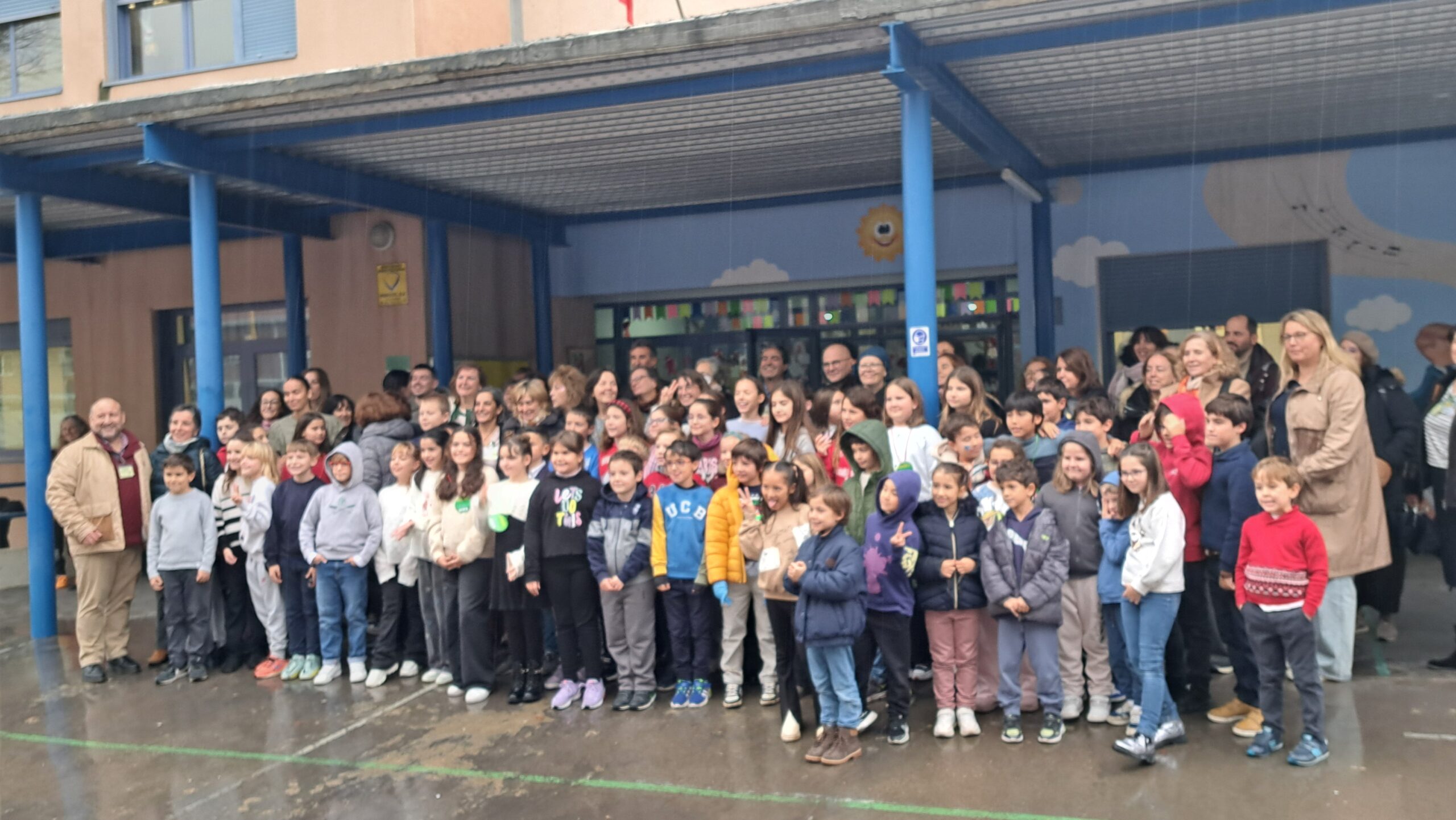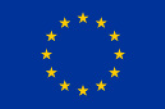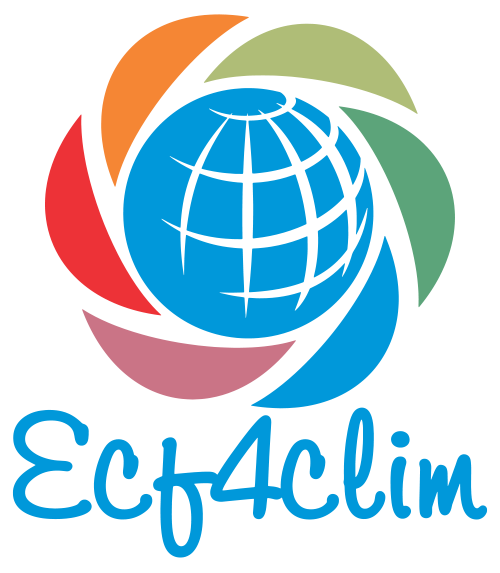We’re living in a time of rapid change—fueled by artificial intelligence, climate challenges, and new ways of working. As students and teachers, it’s natural to wonder: What should we really be learning and teaching today to prepare for the world of tomorrow?
The answer goes beyond memorizing facts or learning specific technologies. What we need most are meta-skills—the deeper skills that help us learn, adapt, and grow no matter what the future brings.
Think of meta-competences as the “competences behind the competences”. They’re not tied to a single subject or career—they help you navigate life, learn faster, work better with others, and find creative solutions to new problems.
Here are a few examples that students and teachers can recognize and develop:
Learning How to Learn: Can you figure things out on your own? Do you know what learning methods work best for you? Teachers can help by encouraging reflection and diverse learning strategies, not just delivering content.
Critical Thinking: Can you tell the difference between facts and opinions? Can you analyze news, social media, and AI-generated content? Both students and teachers benefit from asking more “why” and “how” questions, not just “what.”
Adaptability: Can you deal with change or unexpected challenges? Whether it’s switching to online learning or adapting to new technologies, flexibility is essential.
Creativity: Can you come up with original ideas or see things from a different angle? Creativity isn’t just for artists—problem-solving in science, writing, or even math also requires it.
Emotional Intelligence: How well do you understand your emotions and those of others? Schools that promote empathy, collaboration, and mental well-being build stronger communities.
We’re entering a future where many jobs will change—or won’t even exist yet. AI will do some of the routine work, but humans will still be needed for creativity, teamwork, ethics, and empathy. At the same time, we face global problems like climate change that will affect every career path—engineering, business, teaching, healthcare, and more.
So whether you want to be a coder, teacher, entrepreneur, or activist, these meta-skills will help you:
Learn and grow throughout your life
Work well with people from different backgrounds
Solve big, real-world problems
Adapt when things don’t go as planned (because they won’t)
What Can Schools Do?
For teachers, helping students build meta-skills means rethinking education beyond tests and grades. It means: Encouraging curiosity over memorization; Giving students real-world projects; Letting them work in teams and reflect on what they’ve learned; Talking about climate issues, ethics, and AI in every subject; Supporting social-emotional learning alongside academics.
Practical Ideas for Classrooms
Start each term with a discussion on how to learn better.
Use interdisciplinary projects (e.g., combine science and art to create a climate campaign).
Reflect weekly: What worked in your learning this week? What didn’t?
Discuss current events through multiple lenses: ethics, technology, sustainability.
Let students teach part of the lesson—they’ll build confidence and autonomy.
Some great frameworks that support this are:
Future Work Skills 2030 by IFTF







